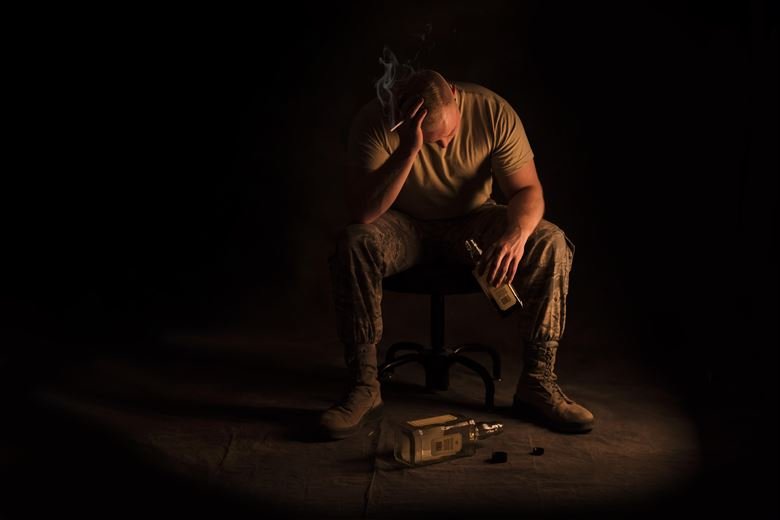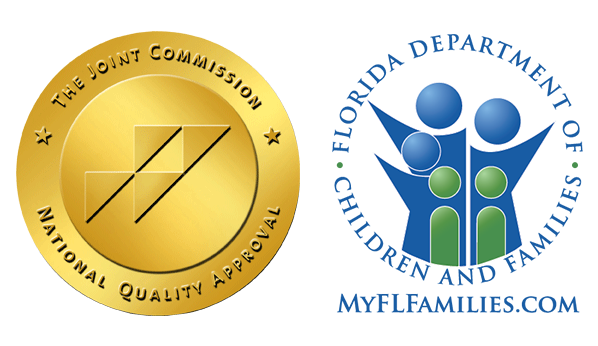There are some drugs that, once a person stops taking them, can cause serious and dangerous withdrawal symptoms. These withdrawal symptoms can be the reason many addicts do not continue with abstinence. It is vital that a person seeks medical assistance while going through the process of drug detox; professionals can help the body adapt to functioning without the drugs.
What is addiction drug detox?
Detoxification or ‘detox’ is a medically assisted process of gradually weaning the body off of the drugs. Managing the withdrawal symptoms that arise as a result of the body trying to cope without the drugs is the main focus of the medical professional. Flushing out and cleansing the body of harmful drugs is a tough but necessary part of addiction recovery. The detox symptoms can be severe and frightening for the person as they gradually or suddenly stop taking the drugs which the body had adapted to over the course of the addiction.
The process of withdrawal and detoxing the body from a substance can be difficult and dangerous. The Beachcomber has been working in the community of Delray Beach, Florida for decades helping patients work through withdrawal and detox. If there are any complications during the detox process, we have medical professionals, including doctors, nurses, psychiatrists, and therapists available at all times. Assistance is available throughout the day and night, seven days a week, to provide practical and emotional support during this time. We understand that detox is one of the first and toughest steps you can take toward sobriety.
What are the signs or symptoms of withdrawal from drug addiction?
The most severe withdrawal symptoms arise from abstaining from prescription medications, opiates, and crack cocaine, but other drugs can still produce unmanageable withdrawal effects. The type of symptoms a person will experience will depend on the type of drug they abuse and the severity of the addiction.
The most common withdrawal symptoms include:
- Intense cravings for the drug
- Diarrhea and vomiting
- Heavy cold sweats
- Cramps, muscle and bone pain
- Depression, anxiety and anger
- Inability to sleep or insomnia
Serious withdrawal symptoms can include:
- Suicidal thoughts or suicide attempts
- Hallucinations or delusions
- Violent and abusive behavior
- Seizures
What can help the detoxification process?
If a person is finding the withdrawal symptoms too difficult to cope with, medical professionals may prescribe medication to help with the symptoms. This is only done in serious circumstances, and the medication given to patients will not produce a ‘high’ feeling but instead ease the pain and discomfort.
Professionals at The Beachcomber understand this can be an incredibly challenging time. For this reason, we aim to do everything we can to make this the most comfortable and swift process possible











